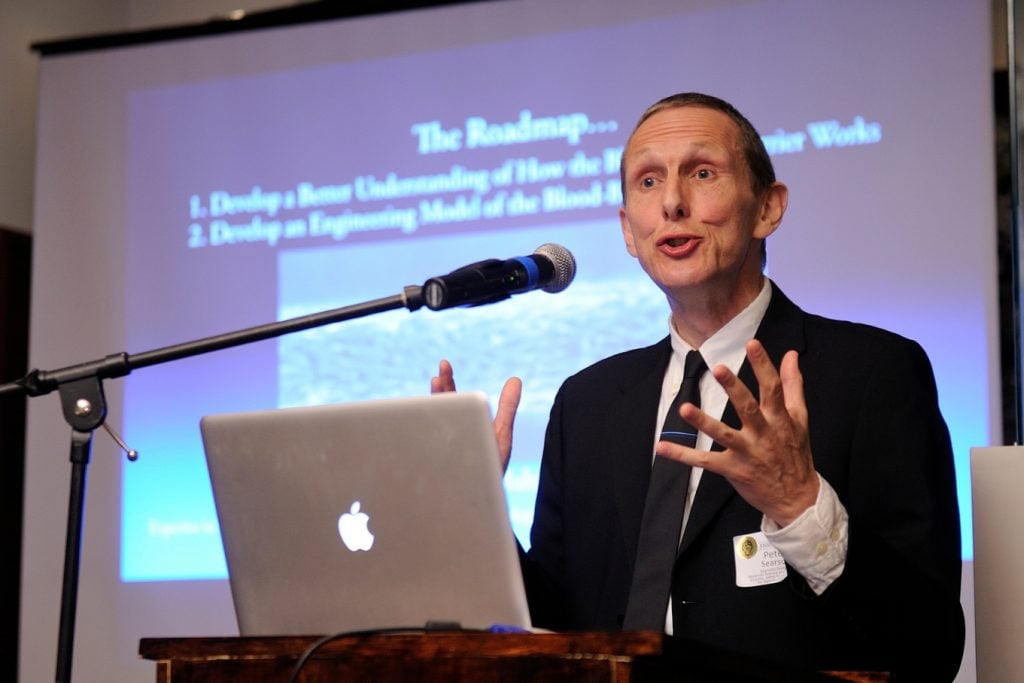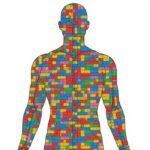Peter Searson Receives Award to Improve Cystic Fibrosis Testing

Peter Searson, co-founder and core faculty member at INBT and Joseph R. and Lynn C. Reynolds Professor of Materials Science and Engineering in the Whiting School of Engineering, was awarded funding by the Maryland Innovation Initiative (MII) to commercialize a wearable sensor for measurement of the chloride ion concentration in sweat. MII is a partnership between the State of Maryland and five Maryland state research institutions to promote technology commercialization.
Chloride ion in sweat is a biomarker for cystic fibrosis and the gold standard for diagnosis and disease management. Current testing, though, is time-consuming, and obtaining results can take several days. Also, collecting an adequate volume of sweat can also be challenging, especially with infants and young children, resulting in testing errors.
The award will help Searson and his team, including Dong-Hoon Choi, INBT post-doctoral fellow, advance their work on a wearable, sweat-testing device that allows real-time measurement of sweat chloride. This will make testing more time and cost efficient. Also, chloride ions are a biomarker for electrolyte loss, making the wearable sensor suited for monitoring athletes and individuals working in hot environments.
Cystic fibrosis is a genetic disease that affects secretory glands, which produce mucus, sweat, and digestive fluids. These fluids are normally thin and act as a lubricant. In persons with cystic fibrosis, however, those fluids are thick and sticky, causing blockages in tubes, ducts, and passageways in organs such as the lungs and pancreas. The thick fluids also make it easy for bacteria to grow, therefore increasing the possibility of infections.
Related Content
Dr. Q and INBT Labs Reveal New Stimulus to Cell Migration
Crossing the Blood Brain Barrier: The Impact of the Reynolds Professorship
Device Invented at Johns Hopkins Provides Up-Close Look at Cancer on the Move
Story by: Gina Wadas
Latest Posts
-
 Cellular building blocks may enable new understanding of the body’s “machinery”
December 19, 2025
Cellular building blocks may enable new understanding of the body’s “machinery”
December 19, 2025
-
 Biomedical Engineer Jamie Spangler Receives President’s Frontier Award
December 15, 2025
Biomedical Engineer Jamie Spangler Receives President’s Frontier Award
December 15, 2025
-
 Johns Hopkins Postdoc Named in Forbes `30 Under 30′ List
December 8, 2025
Johns Hopkins Postdoc Named in Forbes `30 Under 30′ List
December 8, 2025


